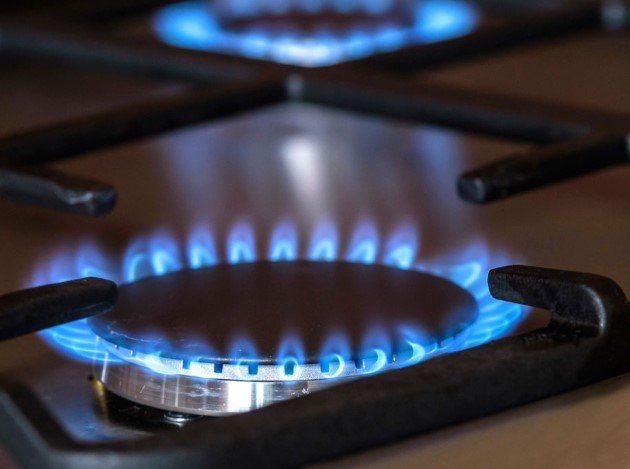A measure aimed at blocking Washington’s efforts to phase out natural gas usage in homes and businesses continues to gain momentum, with results showing it on track for approval after two days of ballot counting.
Initiative 2066, which would repeal certain provisions of a new state law targeting the reduction of natural gas consumption, was leading by a margin of 51.3% to 48% as of 7:30 p.m. on November 6. While the vote tally isn’t final yet, the measure’s strong early results indicate it may pass, pushing back on efforts to limit natural gas use.
Initiative 2066: What’s at Stake?
The initiative’s primary goal is to reverse a law that mandates Puget Sound Energy, the state’s largest utility, to reduce its reliance on natural gas. If passed, Initiative 2066 would also prohibit cities and counties from enacting measures that restrict, penalize, or discourage natural gas use for heating and appliances.
The measure is supported by the Building Industry Association of Washington (BIAW), which has been a vocal advocate for maintaining access to natural gas. According to Greg Lane, BIAW’s executive vice president, there is confidence the initiative will pass, as voters have made their stance clear.
“There are thousands more ballots to count,” Lane stated in a press release, “but when we prevail, voters will have sent a strong message to Olympia that families and businesses want to keep natural gas as an energy choice.”

Political and Legal Pushback
Despite the support from natural gas advocates, the measure has faced significant opposition. Environmental groups and government officials, including Governor Jay Inslee, argue that it goes against the state’s climate goals. Governor Inslee has expressed concerns about the legal validity of the initiative, noting that it could violate the state constitution.
“I think there is a very good chance the court will find it defective,” Inslee said during a press conference on November 6. He believes the initiative’s language may violate the single-subject rule, which mandates that citizen initiatives focus on one issue at a time.
The authors of the initiative have defended the measure, arguing that it was crafted with constitutional challenges in mind. They assert that all sections of the initiative are dedicated to safeguarding the ability to use natural gas, reinforcing the right of residents and businesses to choose their energy sources.
The Battle Over Natural Gas and Climate Change
Washington’s push to reduce natural gas usage stems from concerns about climate change and the state’s transition to renewable energy sources. Governor Inslee and other environmental advocates argue that phasing out natural gas is crucial to meeting the state’s greenhouse gas emissions reduction targets.
Opponents of the phase-out, however, argue that natural gas remains a vital energy source for many Washington residents and businesses, particularly in colder regions where natural gas is a primary heating source. They also point out that the infrastructure needed to replace natural gas—such as electric heating systems—can be expensive and impractical for some families and businesses.
Industry and Economic Impact
The Building Industry Association of Washington has highlighted the potential economic impacts of the proposed natural gas restrictions. BIAW argues that limiting access to natural gas could raise energy costs for homeowners, especially in regions with extreme weather conditions. They warn that such restrictions could hurt working-class families and small businesses that rely on affordable energy options to stay afloat.
In contrast, environmental groups and progressive lawmakers contend that natural gas is an outdated and unsustainable energy source, contributing to the state’s carbon emissions. They view Initiative 2066 as a setback to Washington’s efforts to lead the nation in addressing climate change.
What’s Next for Initiative 2066?
As the final votes continue to be counted, both sides are bracing for legal and political challenges. If the initiative passes, the Building Industry Association and its allies will celebrate a major victory in maintaining natural gas as an energy choice. However, opponents are already signaling their intention to challenge the measure in court, where it could face further scrutiny over its constitutionality.

Comments